Anxiety affects millions worldwide, yet many myths persist. Uncover the reality with these 10 interesting anxiety facts so that you can help yourself deal with it better.
When your anxiety is too much and gets hard to control, you might have the tendency of having one of the anxiety disorders which could be toxic and harmful for your own well-being.
The people who have anxiety disorders are living their lives in a bubble of insecurities; they can’t shut down their toxic thoughts since there is no on-and-off switch for it.
If you are someone who’s struggling to understand what this is, then here are 10 facts about anxiety that can help you understand it:
10 Interesting Anxiety Facts And Myths To Uncover
1. Worrying and having an anxiety disorder is not the same.
It’s totally normal to worry or feel anxious about some things in life and everybody will feel worried on their daily basis. So, how can you tell if you’re just worried or if you’re suffering from anxiety?
It actually depends on how much time you spend your time worrying about things.
Generally, people will only tend to spend an average of 55 minutes a day worrying, while people with Generalized Anxiety Disorder (GAD) will often spend over 300 minutes a day worrying.
Next time when you feel anxious, pay attention to the time that you’ve spent to be anxious.
Related: 10 Hidden Anxiety Triggers You Need To Avoid
2. Overthinking could be the source of your anxiety.
People with anxiety tend to overthink everything in their lives. They obsess towards the things they need to finish or take care of.
They have their own scenarios in their heads; playing it over and over again until they can’t-do anything because they’re stuck with their own thoughts. People with anxiety have countless ‘what-if? moments’ within their heads and it’s difficult for them to stop thinking about those scenarios.
It’s important for them to be reminded by the people in their surroundings, to stop overthinking about things and being busy instead of being occupied with their own thoughts.
3. Being scared and anxious is not the same.
People tend to say, “I’m scared that everything won’t work out fine.” Actually, being scared and having anxiety are two different things.
You can say that you’re scared when you know your exact fears; being bitten by a snake, falling from a high building, or being punished for something.
But, when you don’t know the source of your fears, it’s called anxiety. Anxiety occurs when you’re worrying over something that hasn’t happened yet and you have no exact reasons for your anxiety; you’re just imagining the worst scenarios that could possibly happen in the future.
4. Anxiety disorders are often accompanied by other related disorders.
One of the interesting anxiety facts is that; GAD is often occurring along with depression and substance abuse.
Having anxiety will lead people to develop negative thoughts, the feeling of worthlessness, and even leading to self-injury or having suicidal thoughts because they feel no control over their mind.
Along with depression, anxiety disorders are also present in the cases of ADHD and eating disorder.
If you want to understand about anxiety disorders, it’s important to realize and know the symptoms of other related disorders as well.
5. Anxiety disorders can be triggered by environmental stress or traumatic life events.
Although some researchers stated that anxiety may be hereditary, it could also be triggered by being in a stressful situation or just experiencing a traumatic tragedy which could lead you to feel insecure about the future.
A life transition, such as being jobless, moving to a new place, or a changing living environment could be stressful for some people and it can lead them to have an anxiety disorder.
Losing your loved ones or having a terminally ill family member could also be the triggers for having anxiety – anyone can be afflicted with this form of mental illness.
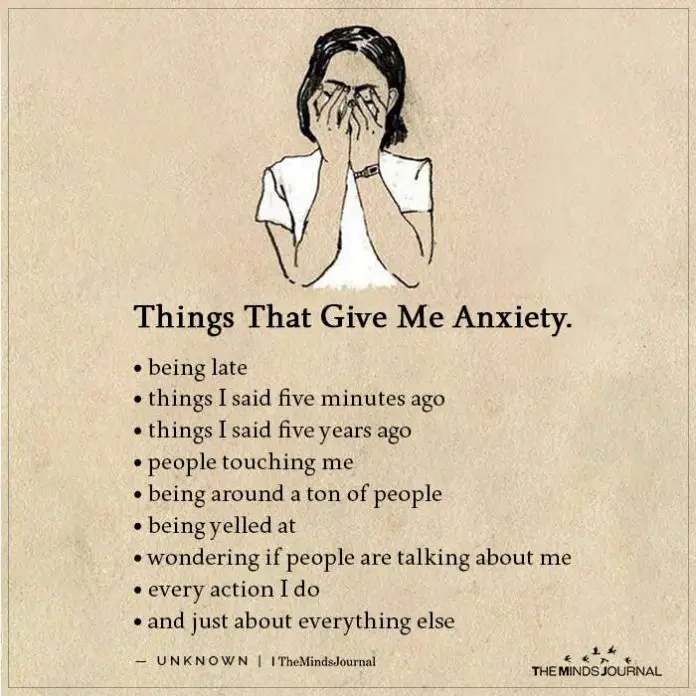
6. Anxiety can be physically painful.
If you’re experiencing a regular headache, feeling tight around the chest, muscle tension, nausea, or heart palpitations, and tummy trouble on a regular basis, you might pay attention to your thoughts and ask yourself whether you have anxiety or otherwise.
Every physical symptom is actually a direct result of the body’s fight and flight response; your anxiety makes the brain senses a threat and it will surge the body with neurochemicals to be ready to fight or run from the threat.
Having anxiety will make your body in an alert-mode all the time.
7. People with anxiety are quicker to perceive changes in facial expressions.
Highly anxious people will often make mistakes when trying to infer other people’s emotional states and intentions because they are quick to pick up on changes in facial expressions and have the tendency to jump to conclusions.
People with social anxiety will interact with others very carefully; they will pay attention to their own words and really mind people’s opinions toward their behaviors.
Sometimes, this trait makes people with anxiety lovable since they can make others like them, because of their careful manners.
Related: How To Overcome Social Anxiety: 10 Steps To Beat It For Good
8. Writing and listening to music can reduce your anxiety.
Many therapists suggest people who have the anxiety to write a journal or a ‘worry-diary’ when they experience it on a daily basis.
Writing could help you to untangle your own thoughts and being cleared towards the things you really worry about. The writing process makes your mind organize itself and it will regulate the feeling of anxiousness.
Music could also make the people with anxiety feel at ease; it makes us more relaxed, especially when we listen to the music with a slow rhythm.
9. Practicing mindfulness is the key to controlling your anxiety.
Meditation and practicing yoga can ease your mind as it is a process of mindfulness- it’s a process of observing and noticing what’s happening now, without judgment. Mindfulness can ease stress and help to alleviate depression and anxiety because it’s a powerful way to elicit the relaxation response in your body.
Try to practice deep breathing in each of your activities could help you to deal with anxiety too. The key is to make your mind be focused on only one thing, which is your own breathing.
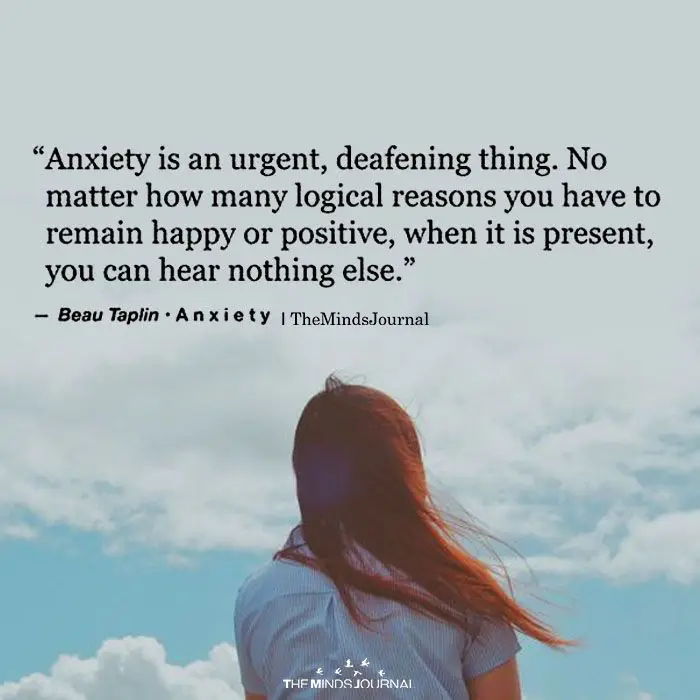
10. Anxiety will always there, but it actually could be turned off.
Your anxiety will never disappear, but you can always turn its volume down. You need to give your mind a break from worrying over the same thing by imagining that you’re putting some of your disturbing thoughts in a box.
Then, imagine that you’re putting the box in a place you can’t see until you need to go back to retrieve something out of it. Once you put the box away, try to focus on your present moment and let your mind be occupied with whatever you’re doing currently.
At the end of the day, when you’re able to control your own mind, you can control your anxiety as well.
Share your thoughts one the interesting anxiety facts and myths in the comments!
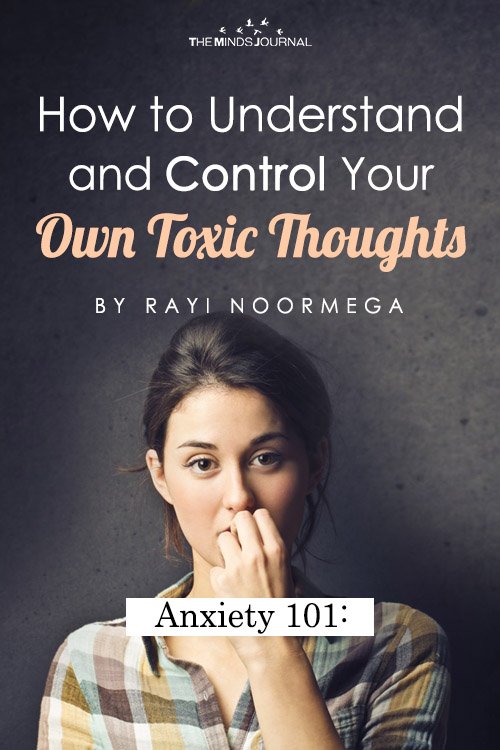
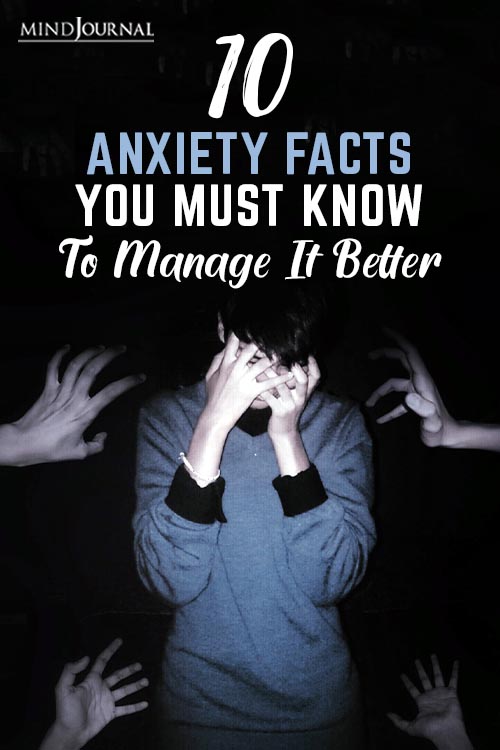
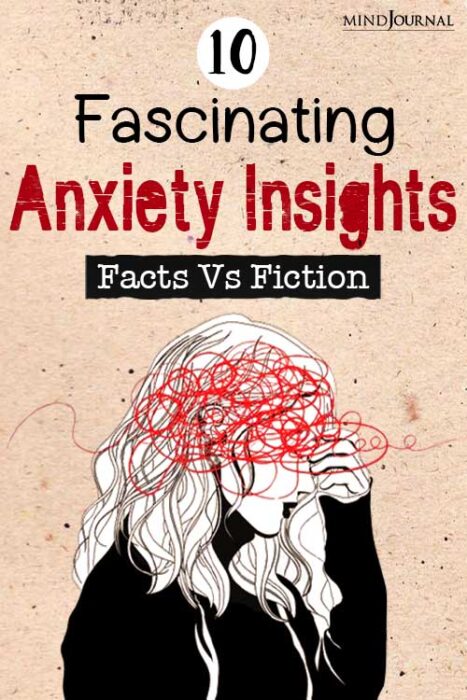
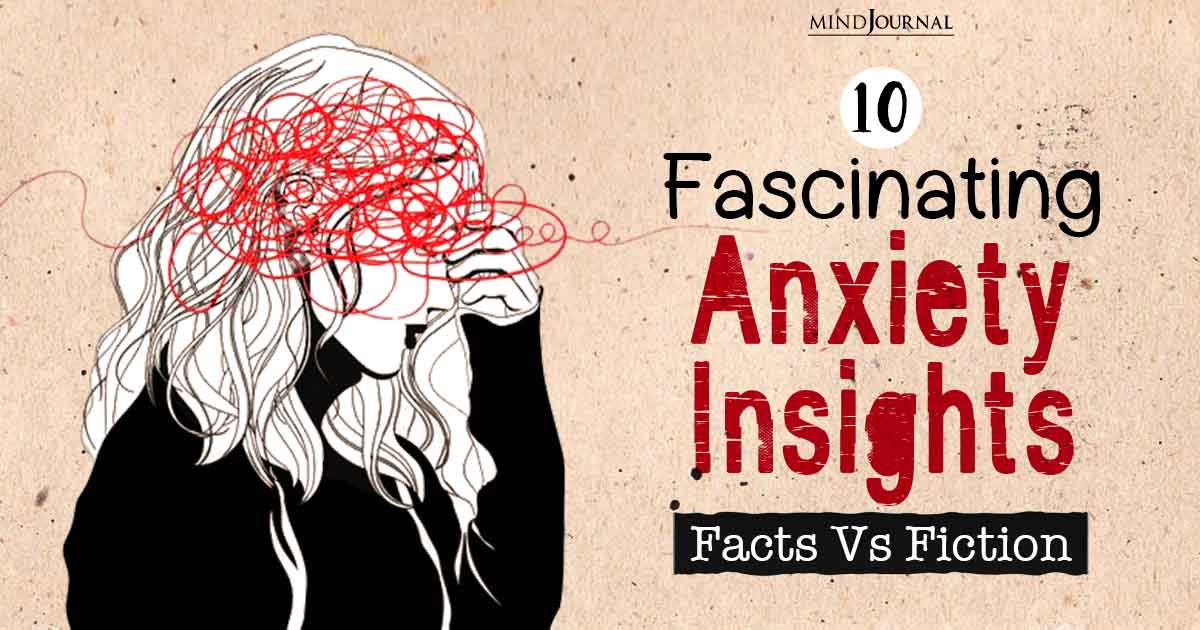


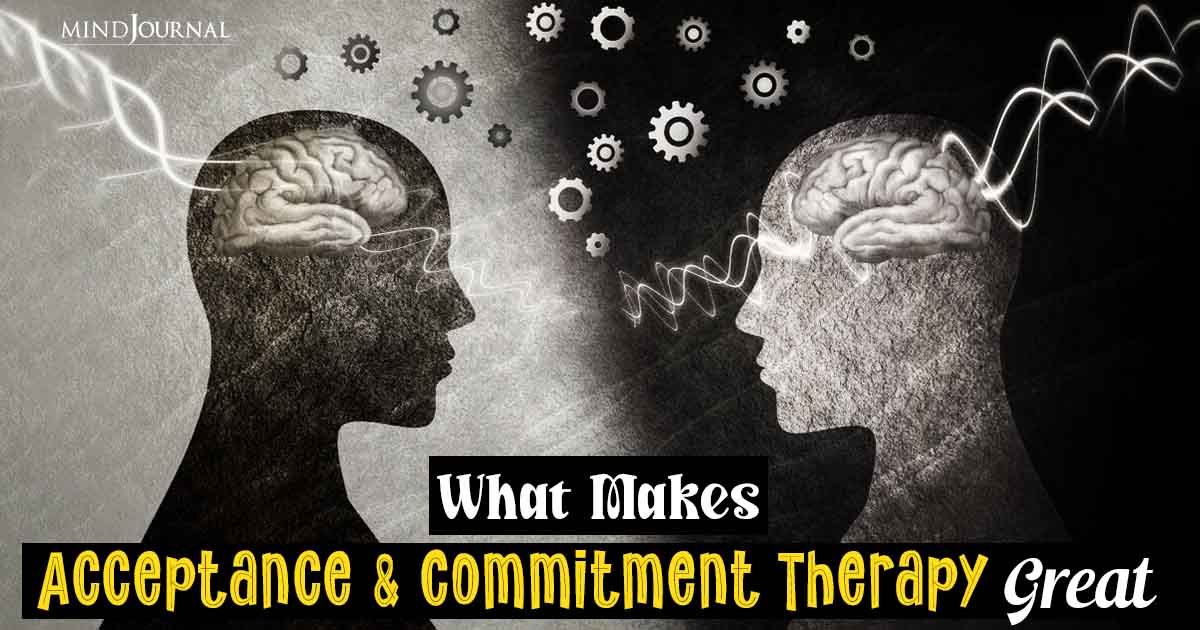




Leave a Reply
You must be logged in to post a comment.